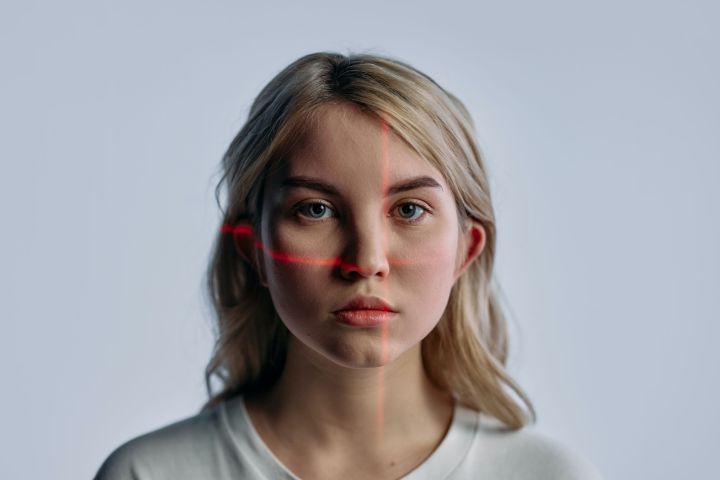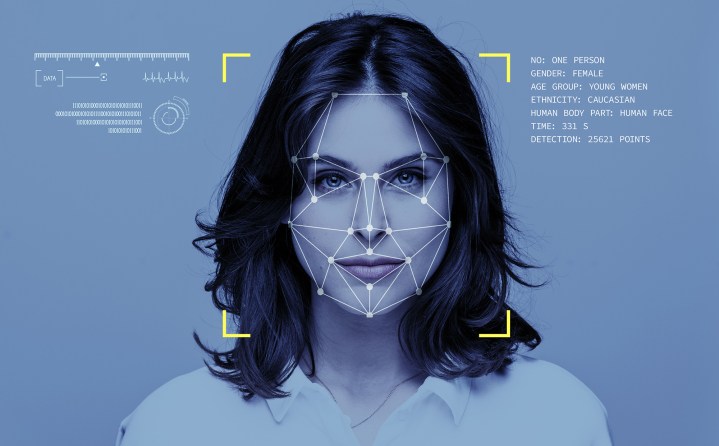Microsoft announced it will stop the development and distribution of controversial emotion-reading software as big tech companies pivot toward privacy and security. The company also says it will heavily restrict its own facial recognition platform.
Microsoft’s shift away from emotional recognition software is another sign of big tech’s growing prioritization of privacy. The company also admits there is little scientific evidence behind the technology.

“Experts inside and outside the company have highlighted the lack of scientific consensus on the definition of emotions,” Natasha Crampton, Microsoft’s Chief AI Officer, wrote in a company blog post. “…and the heightened privacy concerns around this type of capability.”
Facial emotion recognition software uses advanced A.I. to determine a subject’s emotional state. It compares a subject’s facial expressions, the size of their pupils, the shape of their mouth, and other visual cues to a database of thousands of photographs of people with different known emotions. The AI then assigns an emotion to the subject.
Microsoft and other tech companies have been working on the technology for several years, along with facial recognition software. The company is making a sudden shift to what they call “Microsoft’s Responsible AI Standard.”
Along with the end of emotion recognition tech, Microsoft will join Google and others in restricting access to facial recognition software. Microsoft will establish transparency guidelines and what it calls “guardrails” to ensure customers who use facial recognition do so ethically.

Google stopped selling facial recognition products in 2018, citing the need for more secure policies around the technology. IBM stopped supplying government and police agencies with facial recognition technology in 2020 in the aftermath of the George Floyd killing in Minneapolis. Meta (the company formerly known as Facebook) shut down its facial recognition programming in 2021 and stopped identifying people in photos uploaded to Facebook.
Azure Face, the artificial intelligence system Microsoft built to provide facial recognition capabilities, is used mainly by private businesses in health care and research, with some local government agencies using it to track people in public. Although Microsoft doesn’t publish exact details about their customers, data shows at least 356 current Azure Face subscribers.
Microsoft’s facial recognition customers will have one year and then will lose access to Azure Face.
Editors' Recommendations
- Analog A.I.? It sounds crazy, but it might be the future
- Microsoft wants to use A.I. to make health care better for everyone
- Microsoft latest A.I. tools will read your Outlook emails aloud
- PowerPoint is easier than ever with Microsoft’s new A.I. tools




